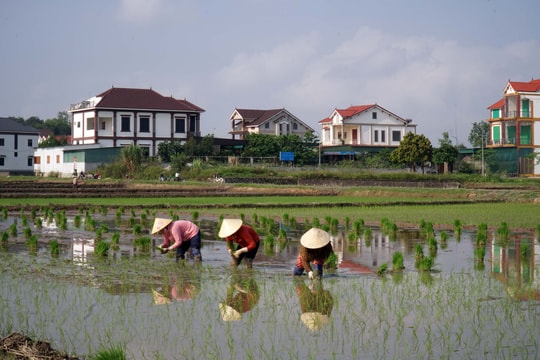Prevent and treat diseases effectively for farmed fish with 7 herbs
(Baonghean.vn) - Weather changes such as severe cold, severe cold, and saltwater intrusion have reduced the resistance of farmed fish, creating conditions for pathogens to invade and cause diseases. To prevent diseases in a safe way, using herbs available in nature will help treat the pond environment, prevent diseases, and help fish grow well.
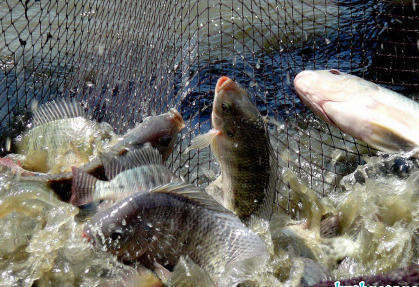 |
1. Neem leaves - treat anchor worm and wheel worm
The characteristic of neem tree is bitter taste, when fish are rubbed with it, anchor worms and wheel worms do not stick to the fins and skin.
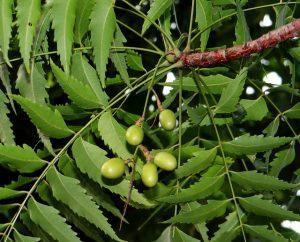 |
How todisease:Periodically every 15 days, soak neem leaves in the pond once with a dosage of 10 kg of branches and leaves/100 m2 of pond; or 20 - 25 kg of neem leaves/8 m3 cage; can be applied as basal fertilizer to the pond with a dosage of 0.3 kg/m3 before releasing fish into the nursery pond 3 days.
Treatment:Take young neem leaves and branches, tie them together and soak them in fish ponds with anchor worms and wheel worms that cause disease; you can also soak them in rafts or fish cages at the head of the water source with 1.5 - 2.0 kg of neem leaves/150 - 200 m2 of pond until the neem leaves rot, then take the branches out of the pond.
2.Purple papaya leaves (castor leaves) - treat gill ulcers and red spots in fish
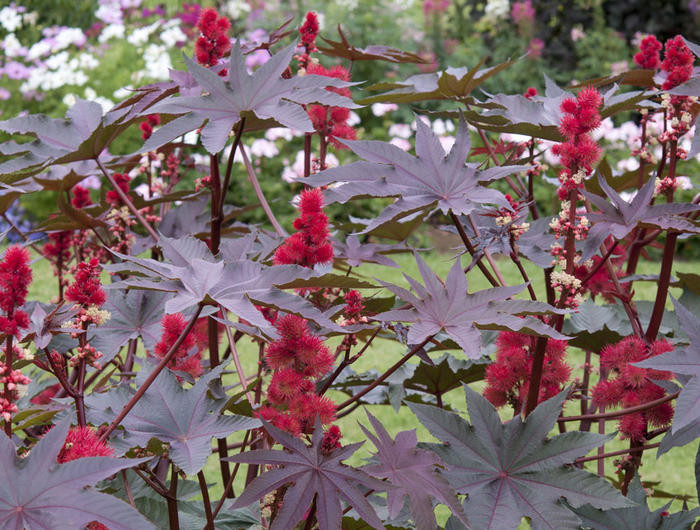 |
Purple papaya leaves (castor oil plant),has a bitter taste and contains the active ingredient Ricin, used to treat gill ulcers and red spots in fish.
How todisease:Every 15 days, soak purple papaya leaves in the pond once with a dosage of 15 kg of purple papaya branches and leaves/1000 m2 of pond.
Treatment:Take purple papaya leaves, tie them into bundles and soak them in the pond with 2.5 - 3 kg of leaves/150 - 200 m2 of pond. For fish cages, soak 15 - 20 kg of leaves/8 - 10 m3 of cage.
3. Purslane - treatment of viral enteritis in grass carp
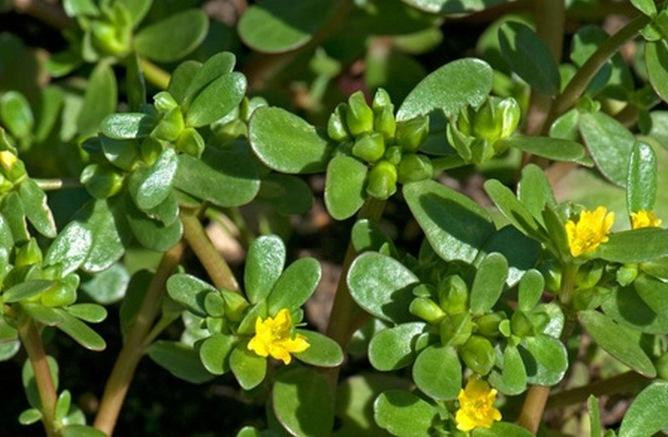 |
Purslane contains the alkaloid beltalan used to treat bacterial enteritis in grass carp.
How todisease:Feed the fish once every 10 days with a dose of 1 kg of purslane/100 kg of fish.
Treatment:Take purslane, wash it and put it in the frame to feed the fish once a day, continuously for 5 - 7 days, with 1.5 - 3 kg of vegetables/100 kg of fish. For fingerling fish, chop the vegetables and sprinkle them evenly on the pond surface, make sure the fish are really hungry before feeding.
4. Sawtooth plant (dog tooth) - treats necrosis in catfish
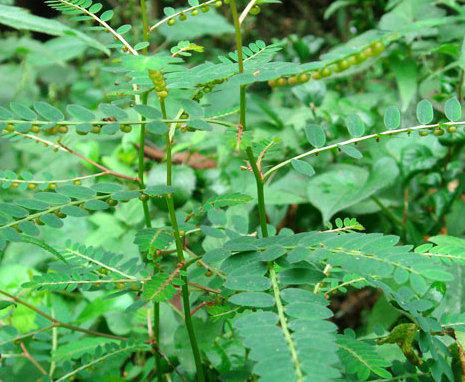 |
| 7 herbs to prevent and treat diseases in farmed fish |
Sawtooth dogwood, is an antibiotic against bacteria that cause necrosis disease in catfish, antibacterial zone 11 - 20 mm.
How to use:Use 5 kg of fresh plants, crush to get the juice and mix into 100 kg of food to treat fish diseases.
5. Nghe plant - treats enteritis and gill ulcers in grass carp and tilapia
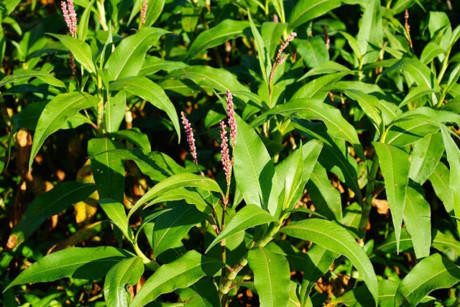 |
It is a wild grass that grows in damp places (often found in swamps) all year round. The stem has many branches, lanceolate leaves, and red flowers that grow in clusters at the ends of branches or between leaves. The plant has a spicy, hot, and pungent taste.
How to treat the disease: Take the stems and leaves, chop them, boil them thoroughly to get the water, then mix them with fish food, with a dosage of 3kg of fresh stems and leaves/100kg of fish fry, feed the fish continuously for 3-6 days. You can also use dried leaves ground into powder and mix them with fish food, 1-2kg of dried leaves/100kg of fish fry.
6. Soi tree - cures gill rot and white head in fish
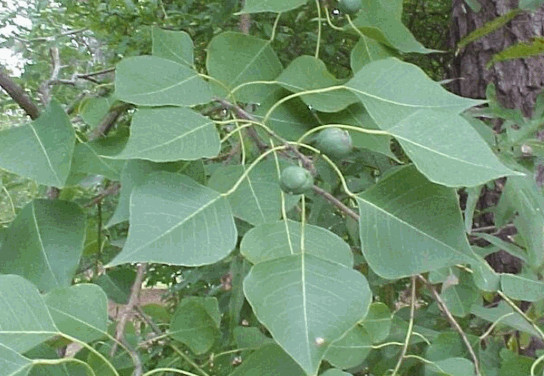 |
The Soi tree is also known as the O Thu Qua, O Du, and Thac Tu Thu. The Soi tree has resin and antibacterial properties. Use Soi leaves to treat gill rot and head rot in fish. Take the branches, tie them into small bundles and put them in the pond.
Treatment:Need to fertilize the pond with a concentration of 6.0 ppm (6.0 grams of dried Soi leaves/m3 of water). Usually use 1 kg of dried Soi leaves (or 4 kg of fresh) soaked in 20 kg of 2% quicklime overnight, then boil for 10 minutes, pH above 12 and then fertilize the water.
7. Small-leafed Euphorbia hirta - treats enteritis and gill rot caused by bacteria.
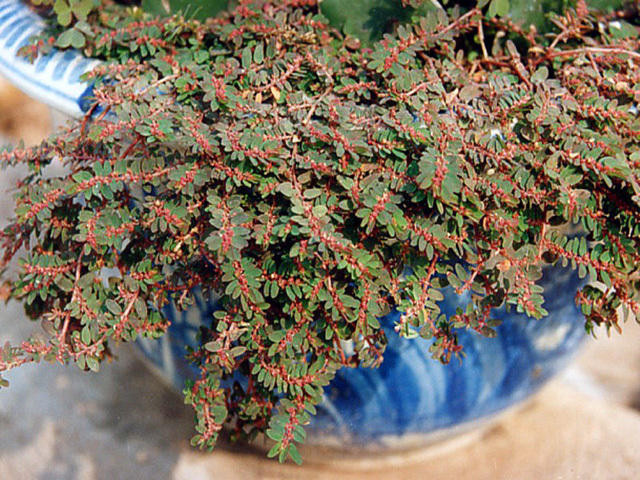 |
Euphorbia hirta has a broad spectrum of antibacterial activity, has hemostatic and toxin-neutralizing effects. The whole plant is used to treat enteritis and gill degeneration caused by bacteria.
Treatment:Use 50 grams of dried Euphorbia hirta or 200 grams of powdered Euphorbia hirta + 20 grams of salt for 10 kg of fish weight eaten in 1 day, fed continuously for 3 days.
Ngoc Anh
(Synthetic)
| RELATED NEWS |
|---|

